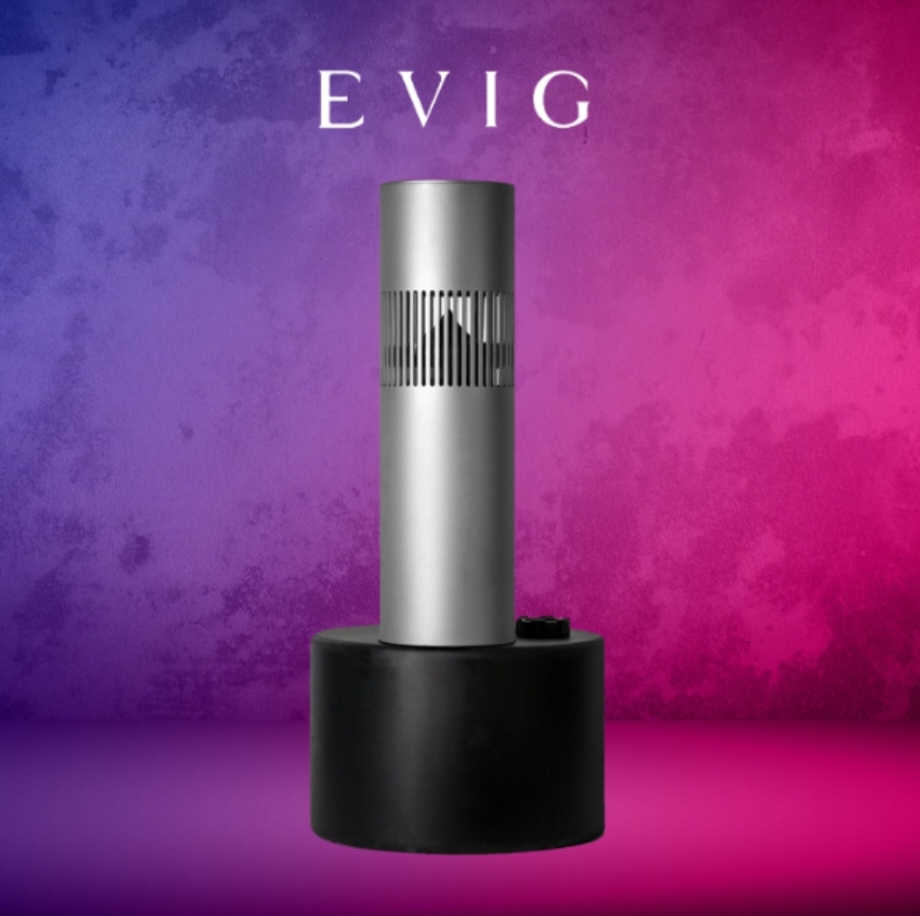Almost all facets of our daily lives depend on intricate systems. Our homes are supplied with electricity by smart grid systems, and information is transmitted globally via satellite communication networks. Numerous other industries, including manufacturing, healthcare, and agriculture, are likewise supported by complex computer and mechanical systems.
The problem-solving skills of systems and control engineers enable them to create and advance these vital infrastructures and technologies. They coordinate and integrate parts into cohesive systems using their technical expertise and theoretical understanding. To learn how systems and control engineers propel advancements in robotics and automation across sectors, look for a controls engineer near me.
Essential Ideas in Control and Systems Engineering
Systems and control engineers use feedback loops in project planning and development. This method requires monitoring dynamic system inputs and outputs to improve performance. Let’s take the example of a systems engineer creating an automated cruise control system. The engineer can configure the system to use sensors to detect speed variations, after which it will automatically apply the brakes or throttle the engine to maintain the target speed.
Control theory is another tool used by experts in this field to build intelligent robots. Control theory analyzes, forecasts, and regulates the behavior of robotic systems using mathematical formulas.
Robotic System Operation and Programming
System engineers program and run robotic systems using software and mechanical solutions. They can create precise control systems that direct robotic motions thanks to these technologies.
Mechanics frequently use actuators, sensors, and switches. Robotic systems can move smoothly, effectively, and in response to changes in their surroundings thanks to these mechanisms. Algorithms and mathematical formulas are used by related software to evaluate data and direct the movement of the robot.
Creating Systems for Robotic Automation
Advanced automation systems enable robots to carry out several human tasks without the need for human assistance. Systems and control engineers create algorithms that allow them to process data and utilize it for decision-making. Additionally, they employ sensors to grant robots autonomy in navigation. For instance, a mobile robot with the appropriate technology can use sensors to identify impediments in its path and map a route around them. Because of this feature, robots can operate in changing settings safely and effectively.
Manufacturing Processes and Industrial Automation
Systems and control experts are essential to the manufacturing sector as they help to increase production efficiency and accuracy. Robotic process automation is a common tool used by firms to carry out repetitive operations, including product packaging, material handling, and truck unloading. Robotic arms perform precise motion duties in production lines, such as assembling small parts.
Adaptive Control with Machine Learning
Systems that use adaptive control can automatically modify their behavior in response to changes in their surroundings. Artificial intelligence (AI) and machine learning enhance systems’ capacity for adaptation by enabling them to learn from data. For example, Flinders University researchers developed an automated underwater vehicle that navigates hazy ocean settings using AI and sensor controls.
Cooperative Robots
Collaborative robotics, or “cobots,” are increasingly being used by manufacturers of all sizes. These technologies increase productivity by enabling humans and robots to collaborate to finish jobs. Cobots can also improve workplace safety by carrying out tasks that humans might find dangerous. Companies across all sectors have effectively implemented cobots into their operations.
Medical Robotics and Healthcare
Robotic devices streamline healthcare workflows and enhance patient outcomes. Surgical robots, for example, increase access to specialist operations by allowing clinicians to operate on patients remotely. Many healthcare institutions also use robots to automate certain aspects of patient care, like aiding rehabilitation therapies and delivering prescription medications to hospital rooms.
Agriculture Automation
Thanks to recent advances in automation technologies, the agriculture industry has transformed. These new technologies can complete many farming tasks more precisely and effectively than people.
For example, precision spraying systems reduce waste by immediately stopping spraying when sensors identify gaps in plant rows. Furthermore, mature crops can be gathered by automated harvesting devices more quickly than by humans. Farmers may use these advances to help them adjust to problems like labor shortages and climate change.
Robotics: Including Artificial Intelligence
AI is being incorporated into robotic systems by systems engineers more and more to enhance robot cognition and decision-making. These AI-powered robots can communicate with people and their surroundings with more autonomy. They gain experience and hone their skills over time, just like people do. For example, intelligent robots can help retail consumers and, over time, enhance the quality of their interactions.
Safety and Ethical Issues to Consider
Automation and robotics have many advantages, but they also have a number of moral and security concerns. Industrial robots have the potential to harm workers. The Department of Insurance advises putting safety precautions in place to stop these mishaps, like installing light curtains or floor sensors that cut off robotics systems when workers get too close.
Concerns about security and privacy may also arise with robotic systems. Systems engineers can reduce prejudice and make data protection a priority to ease these worries.
Prospective Development and Design Trends for Control Systems
Applications for robotics are ever-evolving and changing. Control system design and development will probably involve systems engineers, including cloud servers and Internet of Things devices. Systems may now interact with safe device networks in real-time thanks to these intelligent technologies. Furthermore, improvements in AI-based picture identification will make it possible for robots to react to their environment more successfully.
Career Opportunities and Industry Demand
As more businesses use robotics and automation, the need for systems and control experts will probably increase. The Bureau of Labor Statistics (BLS) of the United States projects a 12% growth in the employment of industrial engineers, which encompasses systems and control engineers, between 2022 and 2032.
Control engineers and system integrators are essential in shaping our current technological environment, from building robotic systems to creating smart grids. Their aptitude for troubleshooting and technological know-how propel automation and control engineering forward in several industries.
Employing competent control engineers can help businesses achieve operational excellence, productivity gains, and efficiency improvements in their manufacturing processes. These experts contribute to the creation of intelligent robotics, industrial automation systems, and cutting-edge applications in industries like healthcare and agriculture, with an emphasis on feedback loops, control theory, and adaptive control.
The need for control engineers to drive technical innovation and solve complicated challenges is becoming more and more apparent as the demand for automation rises.



